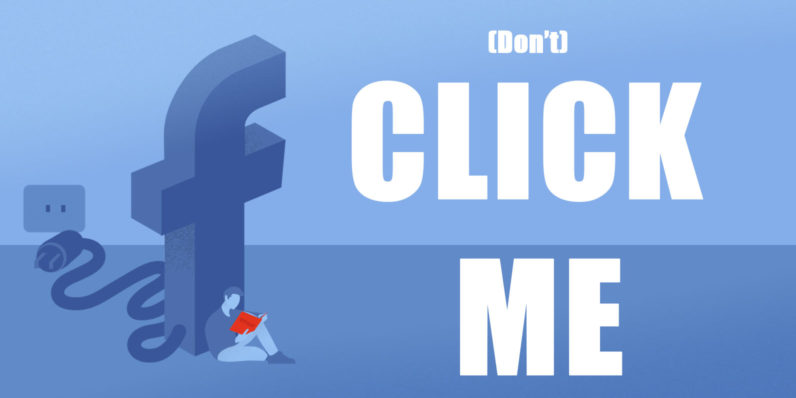 Of course bloggers and amateur writers (such as ourselves) are not out
to trick anyone, but rather to share their thoughts about a specific topic. But
as a scientist in training, I can’t help but to question the validity and
credibility of what I read. As I continue learning about the Enlightenment
period, I see similarities in our own day. Although a focus on knowledge and
intellect had been a focus since the
beginning of the Renaissance period, it wasn’t until the Enlightenment that
people began to not only seek after learning, but after the right kind of
learning that was supported by facts. Much like the scientific literature of
our day must be verified by experts in their fields, the Enlightenment period
gave rise to men such as Francis Bacon, Rene Descartes, and Galileo Galilei.
These men were among the first to call for scientific proof of discoveries
rather than just words and theories.
Of course bloggers and amateur writers (such as ourselves) are not out
to trick anyone, but rather to share their thoughts about a specific topic. But
as a scientist in training, I can’t help but to question the validity and
credibility of what I read. As I continue learning about the Enlightenment
period, I see similarities in our own day. Although a focus on knowledge and
intellect had been a focus since the
beginning of the Renaissance period, it wasn’t until the Enlightenment that
people began to not only seek after learning, but after the right kind of
learning that was supported by facts. Much like the scientific literature of
our day must be verified by experts in their fields, the Enlightenment period
gave rise to men such as Francis Bacon, Rene Descartes, and Galileo Galilei.
These men were among the first to call for scientific proof of discoveries
rather than just words and theories.
As I look back at the progress that humanity has made since the
beginning of the Enlightenment period, I would argue that this push for
scientific evidence and support has been one of the most influential
occurrences for our time. Although we still enjoy the clock bait that contains
the musings of the most passionate closet bloggers, fact checking is truly what
has led to the progress we have made as humanity in science. This has allowed
for us to build off of the humanistic ideals of the Renaissance as we work
together and build off of previous research that has been done in order to
solve the of the greatest problems that face humanity. Thanks to the scientific
process established in the Enlightenment period, we can seek enlightenment that
is of the highest quality.
Image source: https://thenextweb.com/facebook/2016/08/04/facebook-officially-declared-war-clickbait/

This is a really good point you brought up. The printing press made a plethora of information accessible, but people had to learn to sift through it to find the right sources. Technology made it possible for people to verify their ideas and for more correct information to be publicized.
ReplyDeleteAs a scientist, I can relate to having a heightened awareness of credentials in ALL fields. I feel that your point is one that comes up in General Conference quite a bit-- to seek truth from the right sources. How many people have fostered doubt about (or even left) the church because of "closet bloggers" with no true credentials?
ReplyDelete